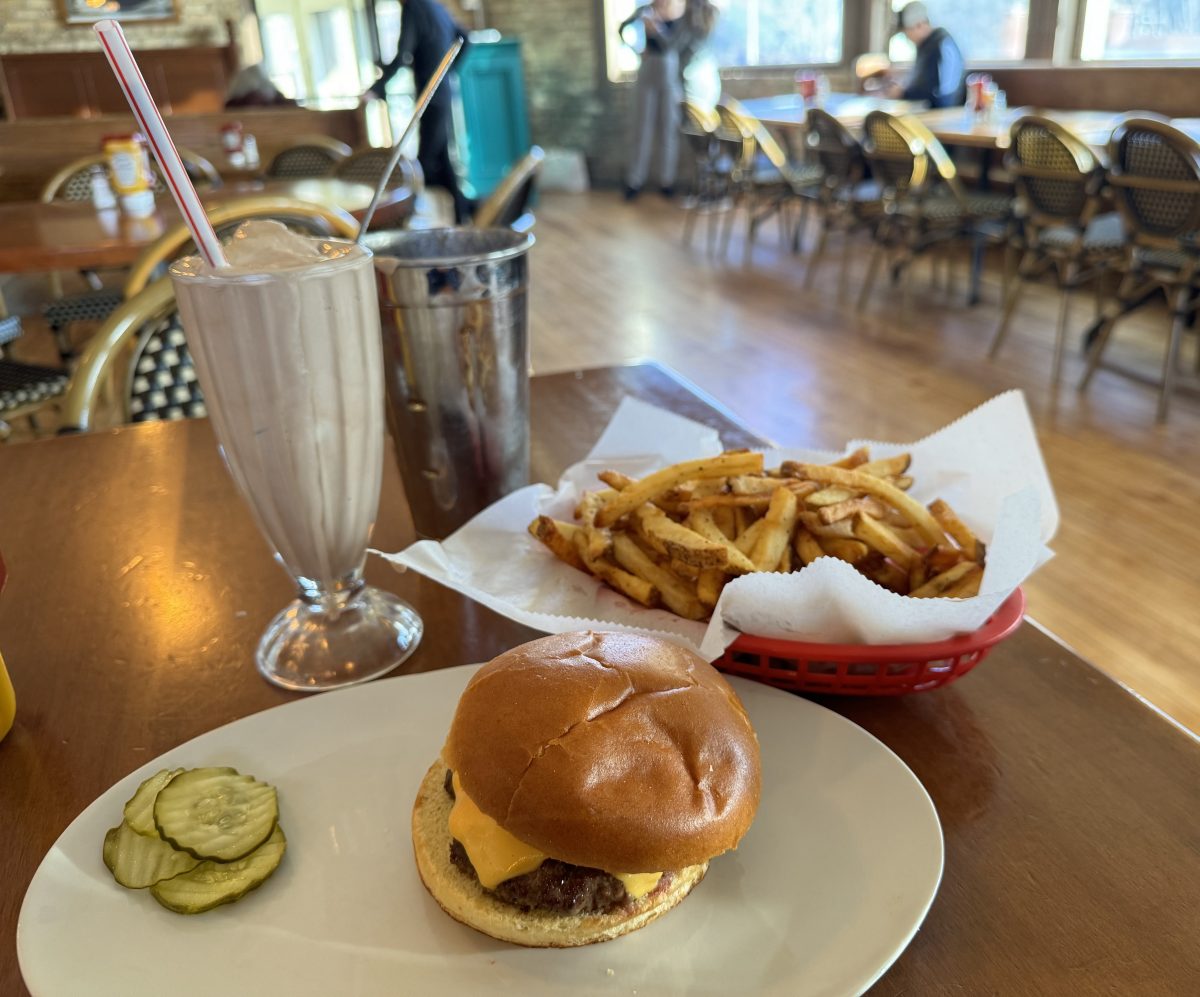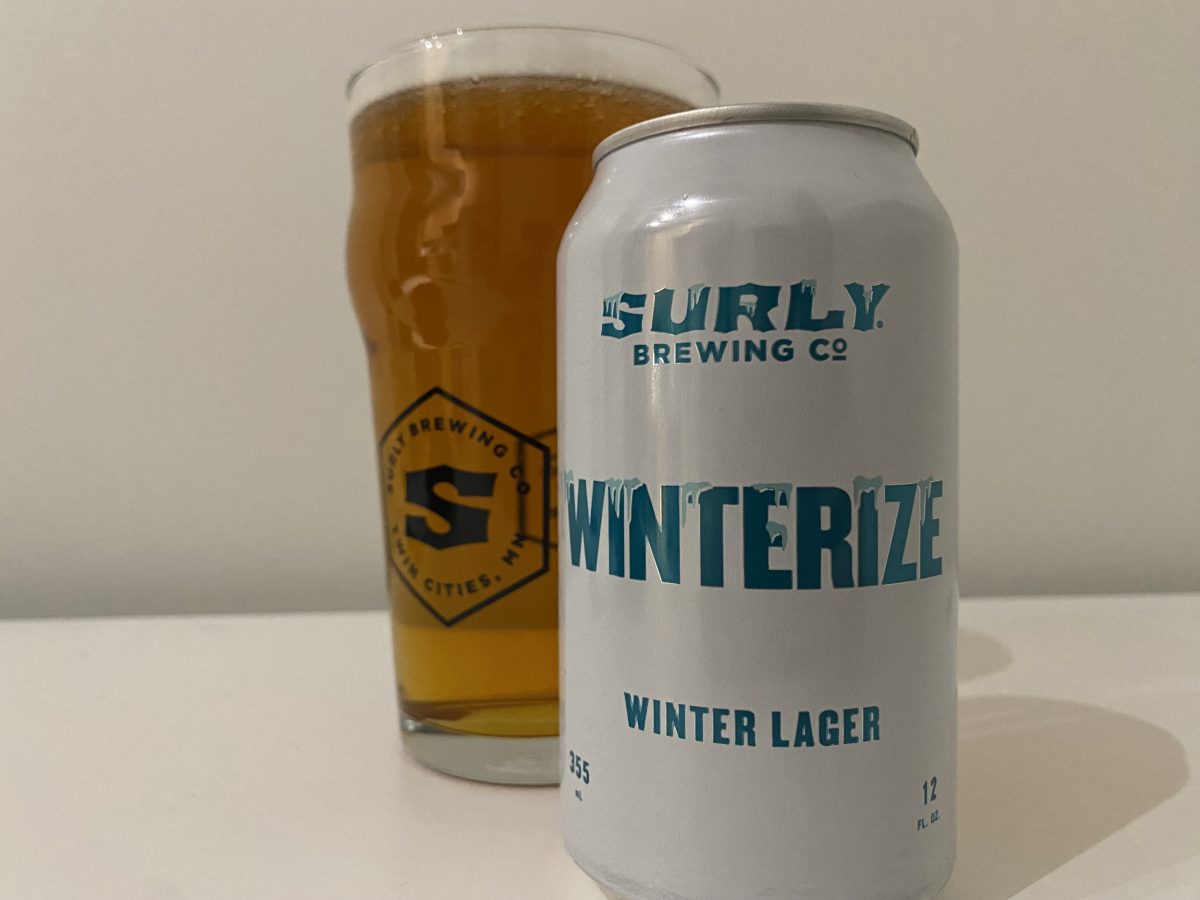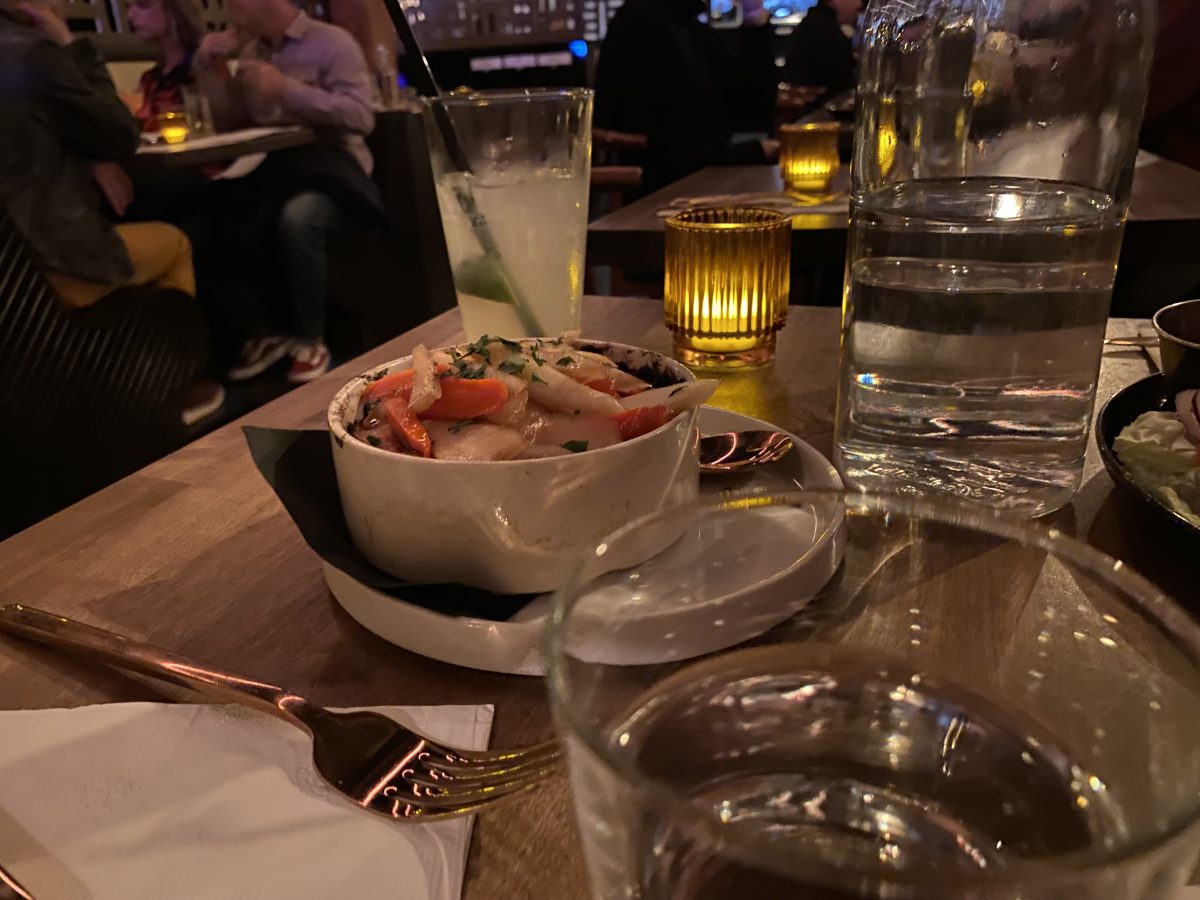It’s common knowledge that grocery shopping on an empty stomach will lead to extra, unplanned food purchases.
But a study involving a University of Minnesota researcher found that people are more likely to also purchase non-food items, like clothing and electronics, if they go shopping hungry.
In the study published on Tuesday, hunger didn’t impact participants’ liking of non-food items, but it did increase the likelihood of them purchasing the items. When people start to think about food, they also tend to think about buying non-food items, according to the study.
Alison Jing Xu, an assistant marketing professor at the University, said she came up with the research idea while she was eating at a restaurant after a shopping trip.
Xu, who worked on the study with researchers from the University of Southern California and the Chinese University of Hong Kong, said she realized she bought more than she meant to before she ate that day and wondered if her hunger caused her unplanned purchases.
The study’s participants shopped at a department store. In one of five experiments, researchers asked participants at a mall to rate their hunger on a scale from 0 to 10.
Participants who reported being hungry spent 64 percent more money than those who said they weren’t.
University marketing senior lecturer Jay Lipe said some companies market items with impulse-buyers in mind.
About half of all purchases are decided at the last minute, he said, and hunger is just another factor that can lead to impulsive decisions.
Both retailers and consumers can learn from the study, Xu said.
Retailers could advertise that they give away free samples in an attempt to attract hungry patrons, she said. And contrastly, consumers should try to grab a snack before leaving for a shopping trip, Xu said.
“If they’re hungry, and they have to make purchase decisions, [they] will [be] better off if they think twice about what they are going to buy,” Xu said.
















